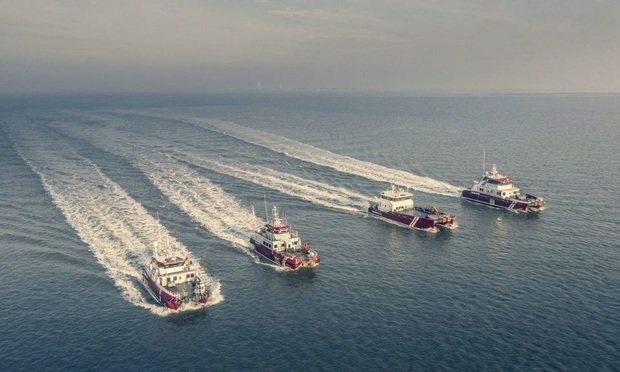 The district court determined that Captain Rivera was not an employee of Kirby, hence his injuries were not compensable under the Longshore Harbor Workers' Compensation Act (LHWCA). However, the court did find that the boat was unseaworthy and that Rivera was entitled to past and future harbor pilot wages. (Photo credit: Northern Offshore Group)
The district court determined that Captain Rivera was not an employee of Kirby, hence his injuries were not compensable under the Longshore Harbor Workers' Compensation Act (LHWCA). However, the court did find that the boat was unseaworthy and that Rivera was entitled to past and future harbor pilot wages. (Photo credit: Northern Offshore Group)
The 5th U.S. Circuit Court of Appeals in New Orleans has unanimously affirmed a district court's ruling that a sea captain is entitled to more than $11 million in lost future earnings after he was injured tripping over a stair in a hatch door.
Recommended For You
Want to continue reading?
Become a Free PropertyCasualty360 Digital Reader
Your access to unlimited PropertyCasualty360 content isn’t changing.
Once you are an ALM digital member, you’ll receive:
- Breaking insurance news and analysis, on-site and via our newsletters and custom alerts
- Weekly Insurance Speak podcast featuring exclusive interviews with industry leaders
- Educational webcasts, white papers, and ebooks from industry thought leaders
- Critical converage of the employee benefits and financial advisory markets on our other ALM sites, BenefitsPRO and ThinkAdvisor
Already have an account? Sign In Now
© Touchpoint Markets, All Rights Reserved. Request academic re-use from www.copyright.com. All other uses, submit a request to [email protected]. For more inforrmation visit Asset & Logo Licensing.







